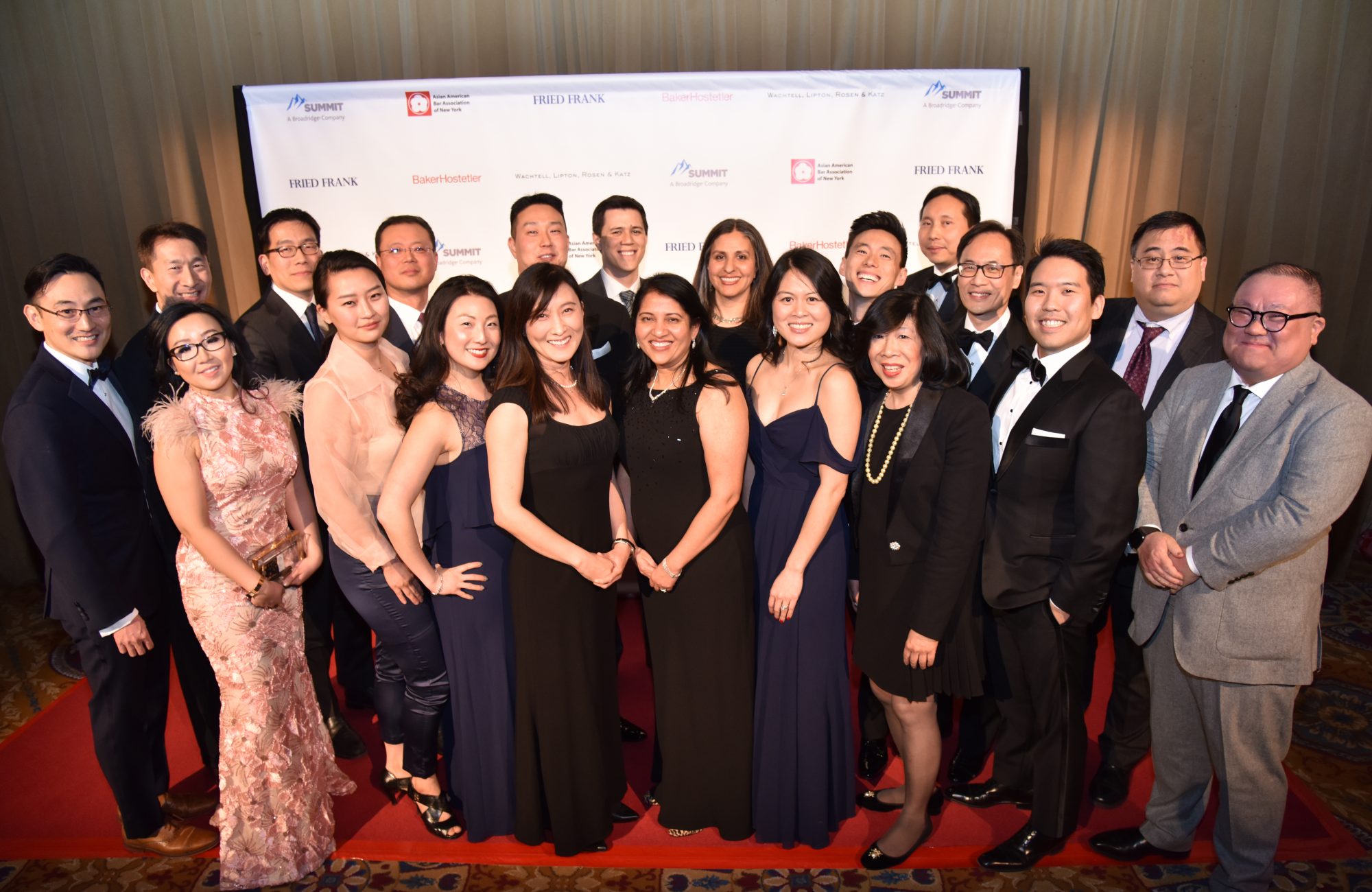| For Immediate Release: December 7, 2022 | Contact: Priya Purandare, Executive Director |
WASHINGTON – The National Asian Pacific American Bar Association applauds the confirmations of Judge Mia Roberts Perez to serve on the U.S. District Court for the Eastern District of Pennsylvania and Alamdar S. Hamdani to be United States Attorney for the Southern District of Texas. Judge Perez will be the first Asian American and second Latina judge to serve on the U.S. District Court for the Eastern District of Pennsylvania. Hamdani will be the first Asian American to serve as a United States Attorney in Texas.
“NAPABA applauds the historic confirmations of Judge Perez and Alamdar Hamdani,” said Sandra Leung, president of NAPABA. “Both individuals are well-qualified for their respective roles. We are thrilled to finally have representation for our community in the Eastern District of Pennsylvania and the Southern District of Texas.”
“NAPABA thanks President Biden for nominating them and Senators Casey and Toomey for supporting Judge Perez, and Senators Cornyn and Cruz for supporting Mr. Hamdani.”
Judge Mia Roberts Perez served as a judge on the Philadelphia County Court of Common Pleas and as an Assistant Defender at the Defender Association of Philadelphia. Judge Perez received her J.D. from Temple University, Beasley School of Law in 2006 and her B.A. from Tufts University in 2003.
Alamdar Hamdani served as an Assistant U.S. Attorney for the Southern District of Texas, as deputy chief of the Counterterrorism Section of the National Security Division at the Department of Justice, and as an Assistant U.S. Attorney for the Eastern District of Kentucky. He graduated from the University of Houston Law Center and the University of Texas at Austin.
“The successful confirmations of Judge Perez and Mr. Hamdani are steps in the right direction for our country,” said Priya Purandare, executive director of NAPABA. “The AAPI community continues to be underrepresented in our courts and chief law enforcement positions—even in areas with significant AAPI populations. We thank President Biden and Senators for supporting, nominating, and confirming qualified AAPI attorneys for these positions.”
#
The National Asian Pacific American Bar Association (NAPABA), represents the interests of over 60,000 Asian Pacific American (APA) legal professionals and nearly 90 national, state, and local APA bar associations. NAPABA is a leader in addressing civil rights issues confronting APA communities. Through its national network, NAPABA provides a strong voice for increased diversity of the federal and state judiciaries, advocates for equal opportunity in the workplace, works to eliminate hate crimes and anti-immigrant sentiment, and promotes the professional development of people of all backgrounds in the legal profession.

